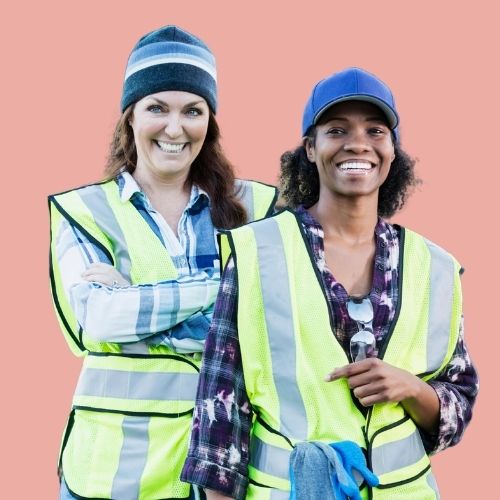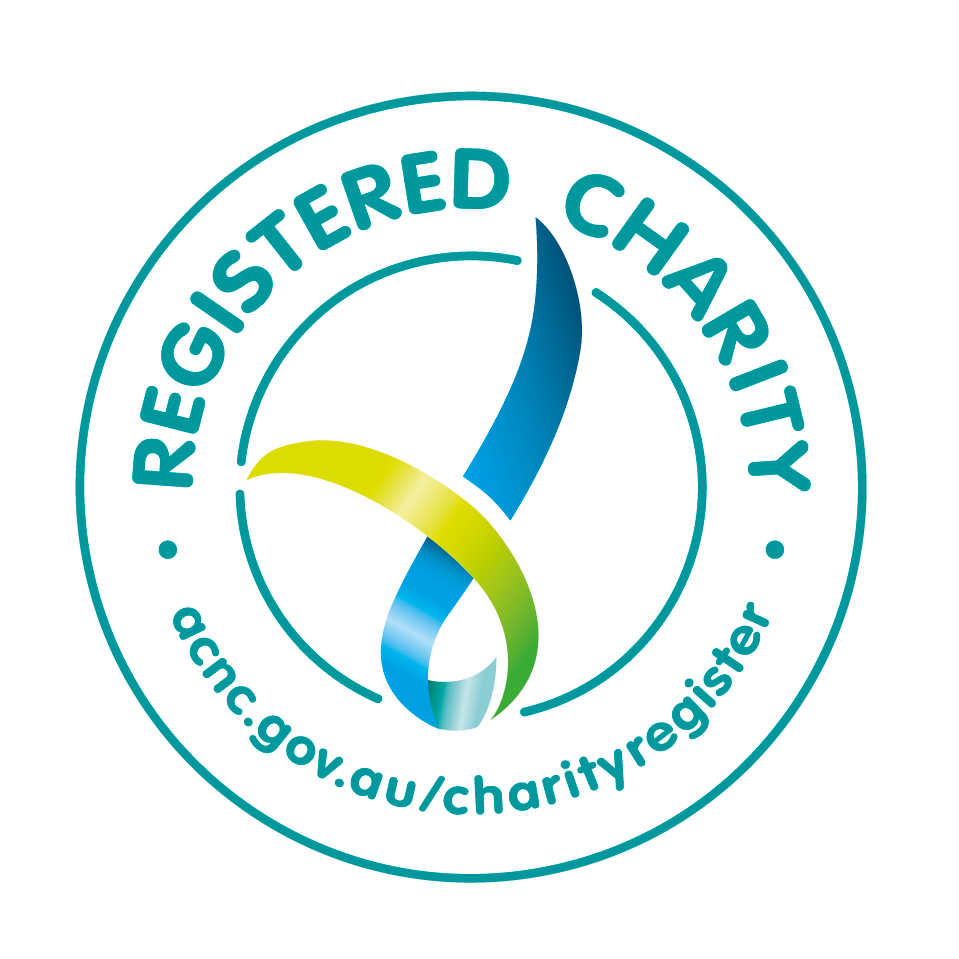Board Members Dr Prudence Black and Associate Professor Diane van den Broek spoke to Professor Larissa Behrendt

“Success Works …. seems a very important space to be supported. I’ve seen huge transformation in those women’s lives, and their capacity and their ability when they have been given the support to regain their agency and, in that context, steady, secure employment would be one of those pieces of scaffolding.“
Prof. Larissa Behrendt, August 2023
Success Works has been lucky enough to have the support of some amazing women during our first year of operation. Professor Larissa Behrendt certainly fits into this category. Larissa is a Eualeyai and Kamillaroi woman who at the age of 11 decided she wanted to become a lawyer. Her own family’s experiences of the stolen generation prompted her to advocate for justice and become an academic and author. She is a Professor of Law and Director of Research at the Jumbunna Indigenous House of Learning at the University of Technology, Sydney and she has also written numerous books, is a filmmaker, has positions on several Boards, and in 2009, was named the NAIDOC Indigenous Person of the Year.
Larissa is a passionate advocate for justice reform and is determined to improve the lives of Aboriginal and Torres Strait Islander women who have experienced the criminal justice system. One aspect of this advocacy is her determination to elevate storytelling as a way not just to connect, but also to educate the community.
“Creating the space for somebody to tell their own narrative has a multiple layer of empowerment. It’s a way of challenging the perception of an employer to actually stop seeing a woman who has a criminal record in a particular way, often in a judgemental way…“
First Nations women in Australia are the fastest-growing prison population, constituting 37% of the female population, despite making up only 2% of the total population. They are also imprisoned at more than 20 times the rate of non-indigenous women. But these statistics only tell half of the story. The numbers don’t tell us how many of these women have endured multiple layers of disadvantage, ranging from economic disadvantage, domestic, family, sexual and other forms of violence, poor mental health, substance misuse, intergenerational trauma, and child removal as well as education disadvantage. There is also the key issue of cyclical intergenerational family breakdown which can result in more than one generation being incarcerated at any one time.
Success Works in their everyday operations is keeping women out of prison by providing them with secure employment. We know that secure housing, health support, and employment are key components to reducing recidivism, however, employer discrimination remains. Providing steady secure work empowers women to overcome the stigma of having a criminal record and it also creates space for them to tell their own narrative that challenges stereotypical perceptions of employers. Larissa in her own research knows that:
“It is very clear that there is discrimination in the employment space. It is one of the areas of employment discrimination that isn’t much talked about much but [it] can be a huge barrier.“
Larissa has a strong belief that if you empower women, you empower families and children. When women regain agency and rebuild their lives, there are enormous personal benefits and benefits for their families and community. She knows that women who can regain their agency are able to bring more capability, strength, and wisdom to workplaces compared to those who may not have endured such hardship. Like Success Works, she believes there is a need to celebrate the strength and determination of women who are able to get their lives back in order. One of the main issues to be addressed is:
“Challenging the perception of an employer to actually stop seeing a woman who has a criminal record in a particular way – often in a judgemental… in a privileged white way, to be honest. …. For First Nations women who have been through the criminal justice system and child protection …. there is enormous silencing of their stories.“
The more employers are prepared to listen to the stories and experiences of First Nations women the greater the understanding there will be and the greater the benefit for the community. Success Works already has the ongoing support of like-minded employers, including Transport NSW, Harris Farm, Too Good, Health NSW, and Cleanaway who are helping women to change their narratives. You too can join this list and be proud that your organisation is making a difference to those most in need.
If you are a potential Employer, contact us to discuss the role you might play in helping a woman with a criminal record gain employment.
Larissa is speaking at our upcoming Connecting Lawyer Mums: Community Connect Event on 20th October 2023









Comments are closed